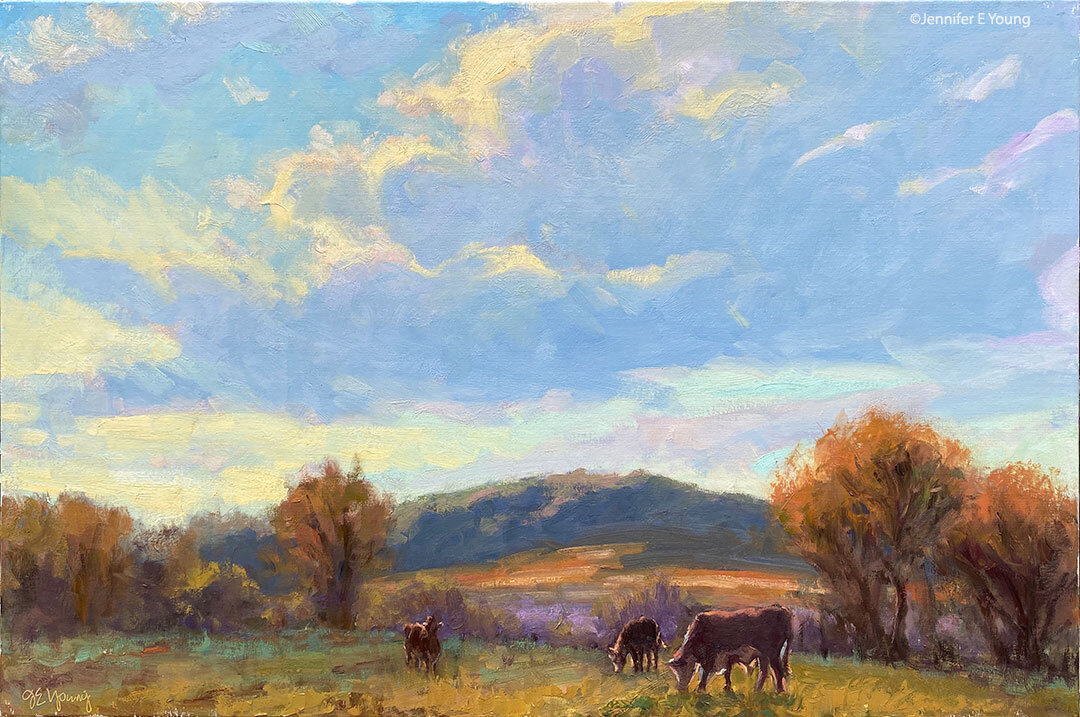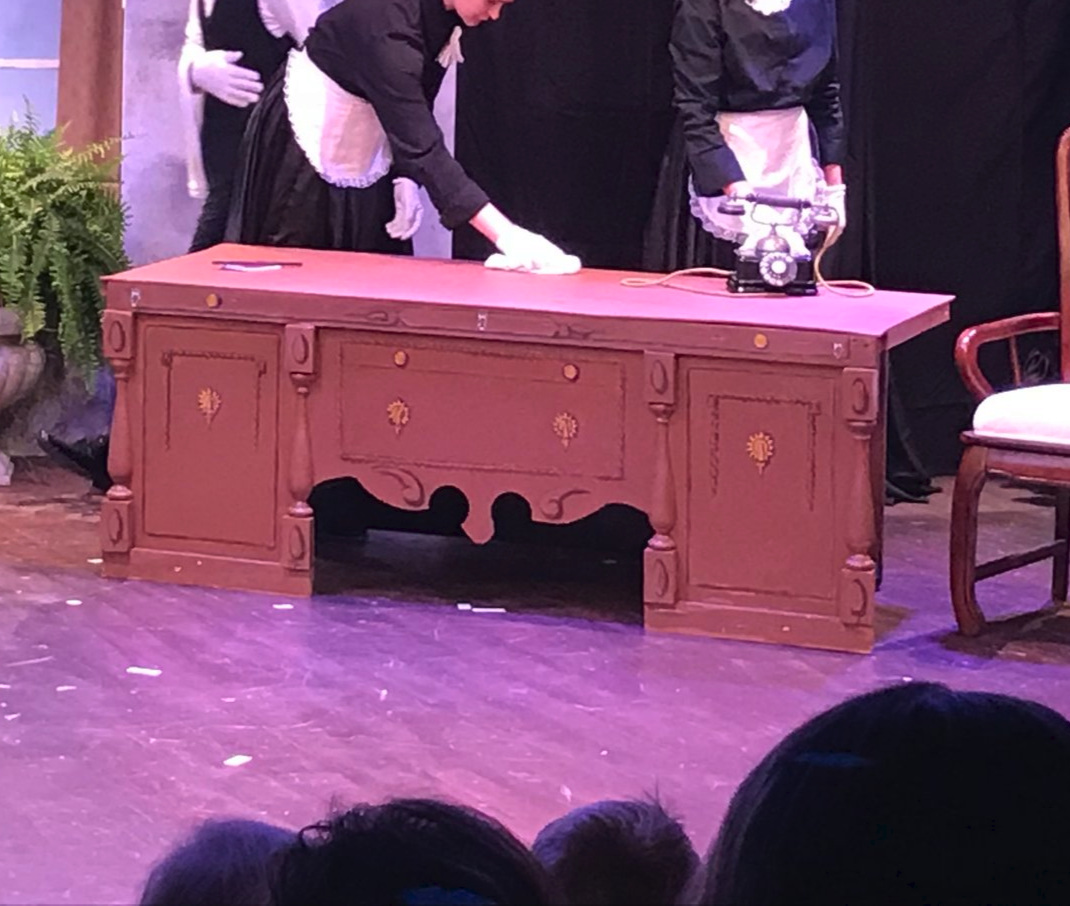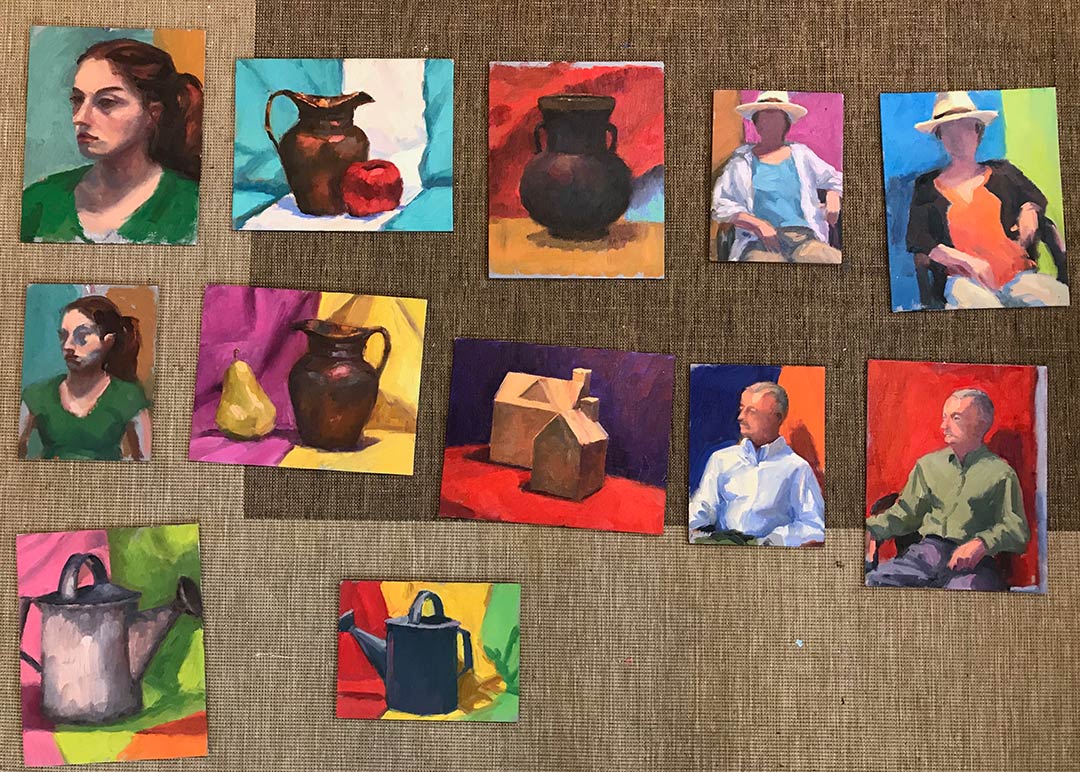How not to succeed at your goals while really trying ;-)
/Happy New Year everyone! This past week, I've taken some time to reflect on the common practice of new year goal-setting, and I've enjoyed browsing around the blogosphere to see what others (and particularly other artists) are writing about the subject. Actually artist Katherine Tyrrell has made this task easy for me with the  great series of year end roundup posts she's provided on her blog Making a Mark--  the topics of which extend far beyond goal-setting (though there is a good deal of that too, including Katherine's own set of goals for the new year.) *Note of thanks to Katherine for foot-noting my blog posts on studio lighting in her "art studios in 2009" subsection of "Who's Made a Mark This Week". For myself, unlike previous years I am taking my time and being a bit more reflective about goal setting. Obviously there is value to goal-setting --otherwise there wouldn't be so many people finding satisfaction in doing it. But why is it that so often goal- setting fails to achieve the desired results? I think that in the past I've sometimes been guilty of goal-setting just for the sake of getting things accomplished, without really examining whether the goals are really worthy ones. Taking this approach leaves me feeling either unfulfilled even if things get "done" or disappointed because I didn't accomplish more. It also keeps me so in the mode of wanting to "get there already" that I don't enjoy the process nearly as well.Â
So in thinking about how to set more meaningful goals for myself, I've also been thinking about why goal-setting so often doesn't satisfy. There are any number of reasons, of course, but here's a shortlist that I've come up against.
How not to succeed at your goals while really trying:
- Don't ask "WHY?" Why do I want (or think I want) to do, be, have, or achieve this?  What do I hope to gain? How will this improve my life, my work, or the lives of others? These seem like obvious questions, but without asking these essential questions first, it's easy to find yourself pursuing goals that aren't meaningful, and sometimes aren't even yours! (see bullet #2) In a nutshell, asking the essential "Why?" helps to get to the heart of what is driving you.Â
-  Set goals that deep down you don't really care about just because you think you should or because others think you should. For an artist, these might include things like setting a goal to get work into a gallery or earn a certain dollar amount from your art, for fear that failing to do so will mean you will be perceived as "unsuccessful". Or setting a goal to paint in a certain manner or by a certain method because you feel others think it is a more legitimate form or method than some other one. Mind you, none of these are wrong choices as long as they support what you want deep down. But here's a tip; if there are a lot of "shoulds" in your goals, that's worth examining before you commit to them, to see if they really serve you. Otherwise, setting these kinds of goals can often set you up for feelings of "failure". If your heart isn't really in it all the way, you're likely to go for it halfway or not at all.Â
-  Be unrealistic- It's been my personal experience that my trouble has not been the size of the goal, but the timeline I set to achieve it. Setting far greater goals than you can possibly achieve in a given timeline creates more stress than inspiration.
- Set goals that aren't challenging enough- Being realistic about time and/or resources doesn't mean you should feel bored. If your goal leaves you feeling flat-lined, are you really going to be inspired to devote the time needed to go for it? In order to motivate myself, my goal has to be beyond my comfort zone. I want any goal I set this year to make my heart go pitter-patter. It should inspire, excite, ignite and sometimes maybe even feel a little scary.
- Be over-expansive. It has taken me a number of years to get this, (41 to be exact) but I think (I hope) I am finally learning that setting too many goals in a given time-period is not only hard to manage in terms of time, but it also splits my focus too much. I'm finding it's better for me to limit myself to fewer more meaningful goals in order to really give them the proper attention required.  This doesn't mean that I won't break the big stuff down into smaller milestones, but the milestones and activities should support one of my main goals, not set me off in 100 different directions.
- Set goals without making a plan to go about it. It does me no good whatsoever to set even meaningful goals without breaking them down into plans of action. In order to track progress, a high level goal could then be broken down into:
- milestones along the way (these should be measurable)
- activities needed to reach those milestones
- a schedule to carry out those activities (monthly and weekly schedules are good, but for me it has to be daily).
- Lack balance- This is a very personal matter. Some people do just fine with letting other matters drop for a while in order to hyper-focus on achieving one goal. Not so with me. I'm already an "uber-focuser" and unless I intentionally set goals that address all important aspects of my life, I miss out on fun stuff (like, oh,  sleep, proper diet and exercise, fulfilling relationships, and time for fun, for instance!) And without those things in balance, soon there is no joy even in the things I dearly want to achieve artistically.
It's easy to jump into a litany of to-do's, but it may take a little longer to step back first and examine the big picture to see if your goals really speak to the greater vision you have for yourself. As I go through my own process I am finding I do have an overarching theme that I want to focus on this year in relationship to my art.
Back to school
Ideally this would include "real-time" instruction and mentoring, and I am hopeful I will be able to find the time and resources to pursue that. But after all, I have a ton of art books to keep me busy and they will help me to commit myself to a regular staple of study through experimentation, self-guided lessons, etc. *Note: For a fascinating and inspiring look at one artist's documented learning processes, check out Paul Foxton's wonderful info-packed site Learning to See.
Also, I love landscape painting and I will continue with this tract, but I'm feeling a great desire to become reacquainted with and develop a greater understanding of the human form. Along those lines, I will make a greater commitment to paint much more often from life--if not daily, nearly so.  Whether this means painting en plein air or still life or portraiture, (or even if it is a 5 minute sketch waiting for my haircut) I continue to see so much benefit to this practice and its time to commit to working from life as a regular discipline.
Obviously all of this will need to be worked out in greater detail into more specific goals and a measurable plan, but this is where I'm heading as for the year ahead. I guess if I had to boil everything down to one word I'd say that what it is I'm after is to achieve a greater level of mastery with my work.
Mastery
Now that's a big, expansive scary word if I ever saw one! And  while it's really too broad to write down as a year long goal, it can be a guidepost by which my artistic goals can be set. It is said that it takes 10,000 hours to achieve mastery at something. Whether or not this is exact, what it tells me is that it's not something that's likely to be attained in a year! It's not as if I'm starting from zero, but even so, in truth it may not even be attained in a lifetime, for that matter, even with a disciplined plan.
I do wonder though, as an artist, how do you really know you've arrived? Do you suddenly wake up one day and say, "I'm a master!" It seems a bit of a moving target. Each new level of understanding inevitably leads to new questions, new challenges, and raising the bar ever higher. To quote Gertrude Stein, "There is no there there."
To my mind, arriving really isn't the point. The way I see it, mastery has more to do with a state of being than a state of arriving. It's more about process than it is about product. It's a state of flow. Certainly there is tangible accomplishment produced as well, and I guess the accomplishment part is what we tend to focus on when we think of someone mastering something. But I really see those kinds of results as more of a by-product of something much greater. And yet, it is the by-products that are the most measurable so that's the starting point I'll use to make my plan. Better get to it. 10000 hours is a long way off.










